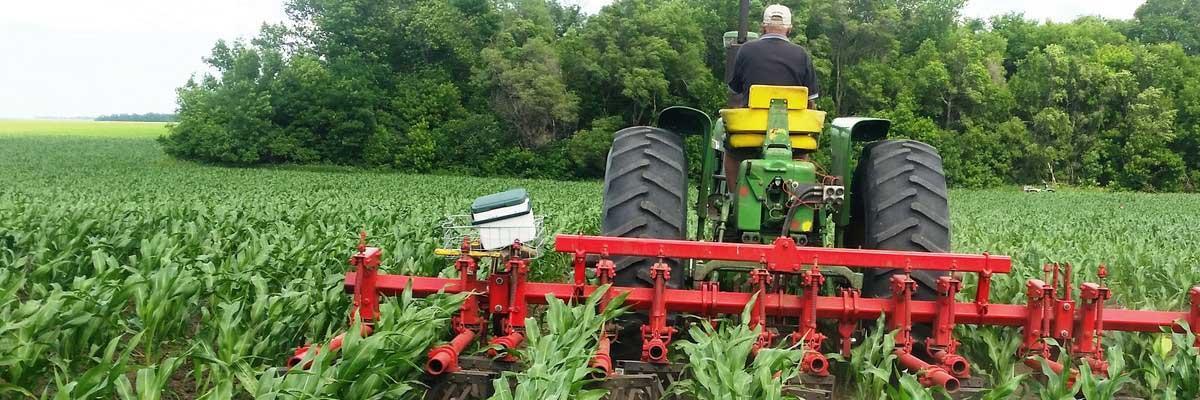
About our project
Our team, consisting of members from the University of Minnesota, the Organic and Sustainable Education Service (MOSES), the Center for Integrated Agricultural Systems, and eOrganic, is pleased to announce the publication of our free, web-based learning materials, Principles for Transitioning to Organic Farming: Learning Materials for Farmers, Students and Educators. Developed with funding from the USDA National Institute of Food and Agriculture’s Organic Transitions Program, this project provides quality educational materials for farmers and students interested in or pursuing organic certification.
There is growing interest from farmers to convert some or all of their acreage to organic production, but transitioning to organic can be risky and getting up-to-date and accurate information on transitioning practices can be challenging, expensive and time-consuming. A transitioning farmer entering the world of organic production is often unfamiliar with organic rules, production practices and markets. Our goal is to reduce the risk and confusion and set more farmers on the course toward successful organic production. There are two components of our project – educational modules and decision case studies.
Educational modules
The first component is a series of online, interactive educational modules that emphasize the fundamentals of organic agriculture and how to transition to organic farming. Important crop production topics are covered in this component, including rotation, soil fertility, and weed and pest management. The project also has several market-based modules that explain how organic markets work, who is currently serving these markets and how to access them. Participants have an option of viewing the modules on their own or educators can incorporate them into their lesson plans and workshops.
Decision case studies
Decision case studies are the second component of the learning materials. Each study highlights a “real life” dilemma that organic and transitioning farmers from the Upper Midwest have faced. Instructors can use the case studies in classes and workshops to spur students and farmers to think critically about issues they may face during transitioning. Each case study consists of a review of the farm background, an outline of a problem an organic or transitioning farmer may experience, evidence, and discussion questions to prepare students.